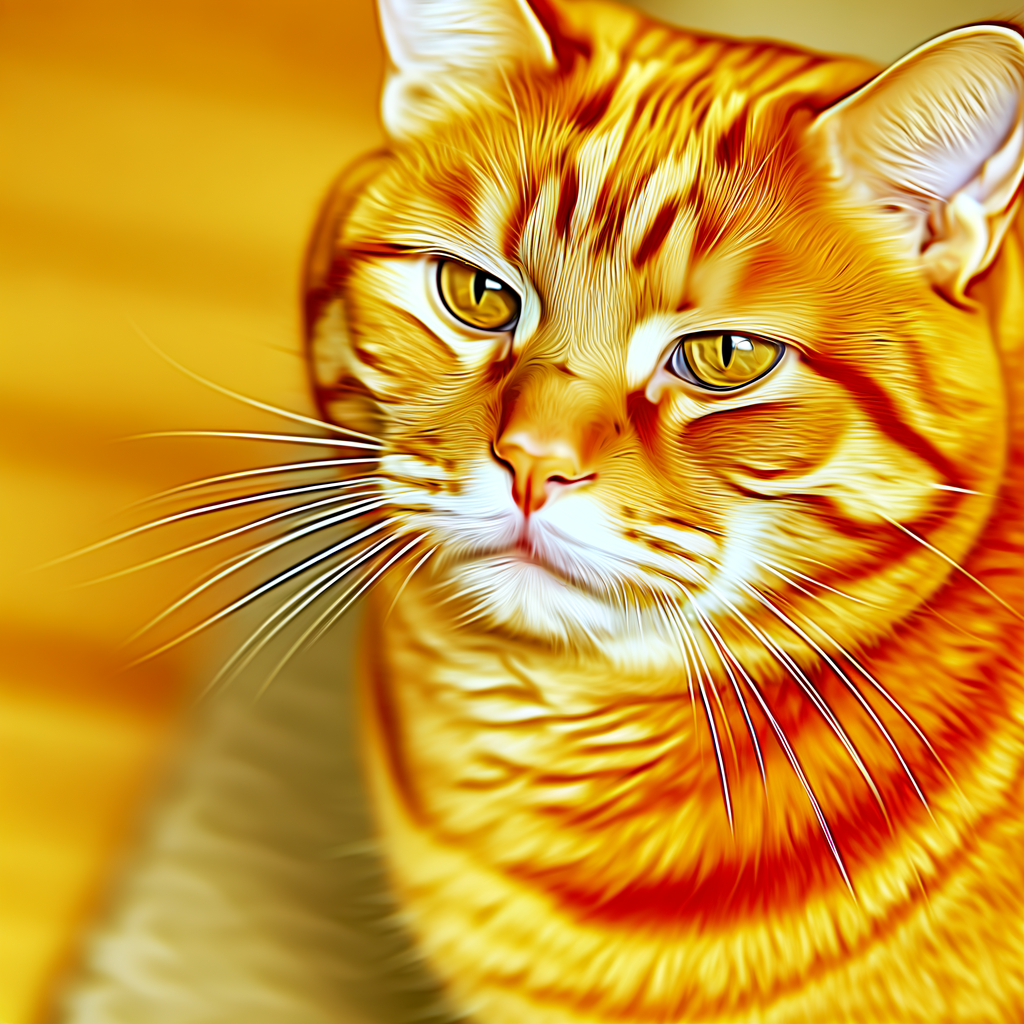Why Orange Cats Are Genetic Marvels: The Science Behind Their Unique Color
Guest Contributor
Orange cats have long captivated cat lovers with their striking coat color and charming personalities. But what makes these felines so special from a genetic standpoint? Recent scientific research has shed light on the unique genetic mutations responsible for the vibrant orange hue that sets these cats apart from other domestic felines.
The study focuses on a gene called ARHGAP36, which plays a crucial role in the development of the orange coat color. This gene is responsible for regulating pigment production in the fur, and mutations in ARHGAP36 cause the distinctive orange coloration. Interestingly, these mutations are so rare that orange cats are often referred to as "genetic freaks" due to the unusual genetic pathway that produces their coat color. Read the article on the Science Focus to dive deeper into the fascinating genetics behind these beloved pets.
Beyond their genetics, orange cats are often associated with friendly and outgoing personalities, making them popular companions. This research not only highlights the scientific marvel behind their appearance but also helps us appreciate the complexity of feline genetics and how it influences the traits we see in our pets. Understanding these genetic factors can also aid breeders and veterinarians in better care and management of cats with unique genetic profiles.
In summary, orange cats are more than just adorable pets; they are living examples of fascinating genetic phenomena. The discovery of the ARHGAP36 gene mutation provides valuable insights into the biology of coat colors in cats and underscores the intricate dance of genetics that shapes the animal kingdom.

